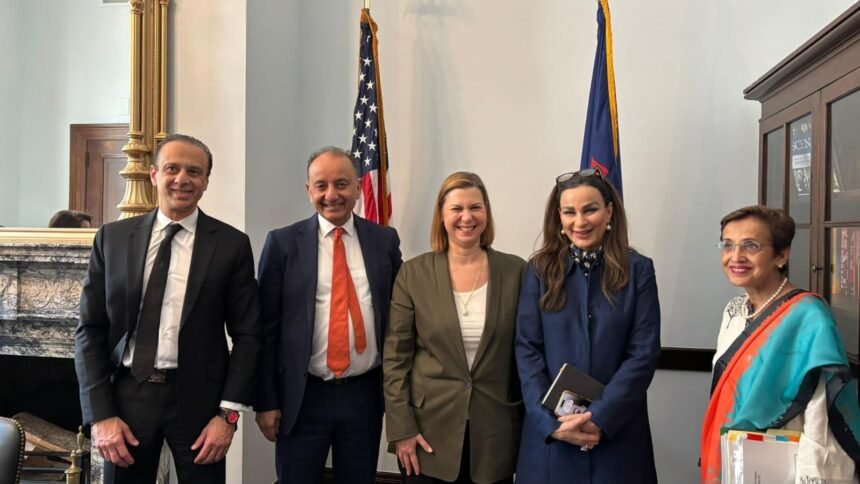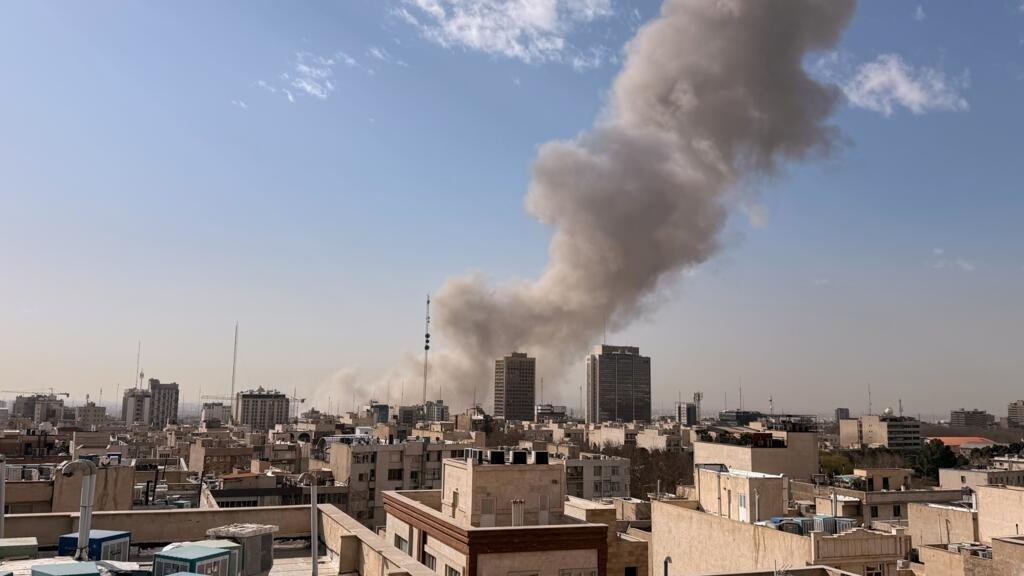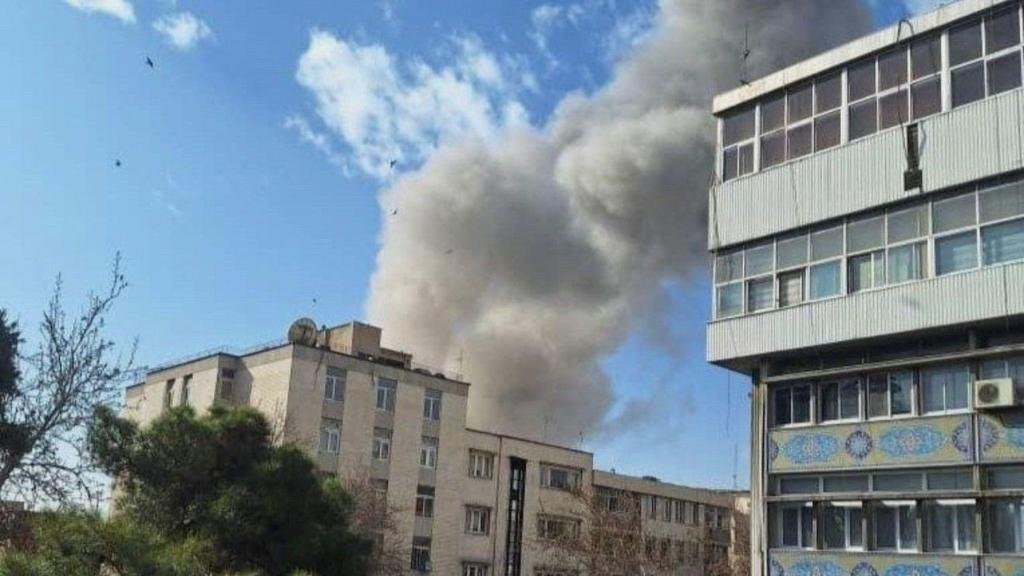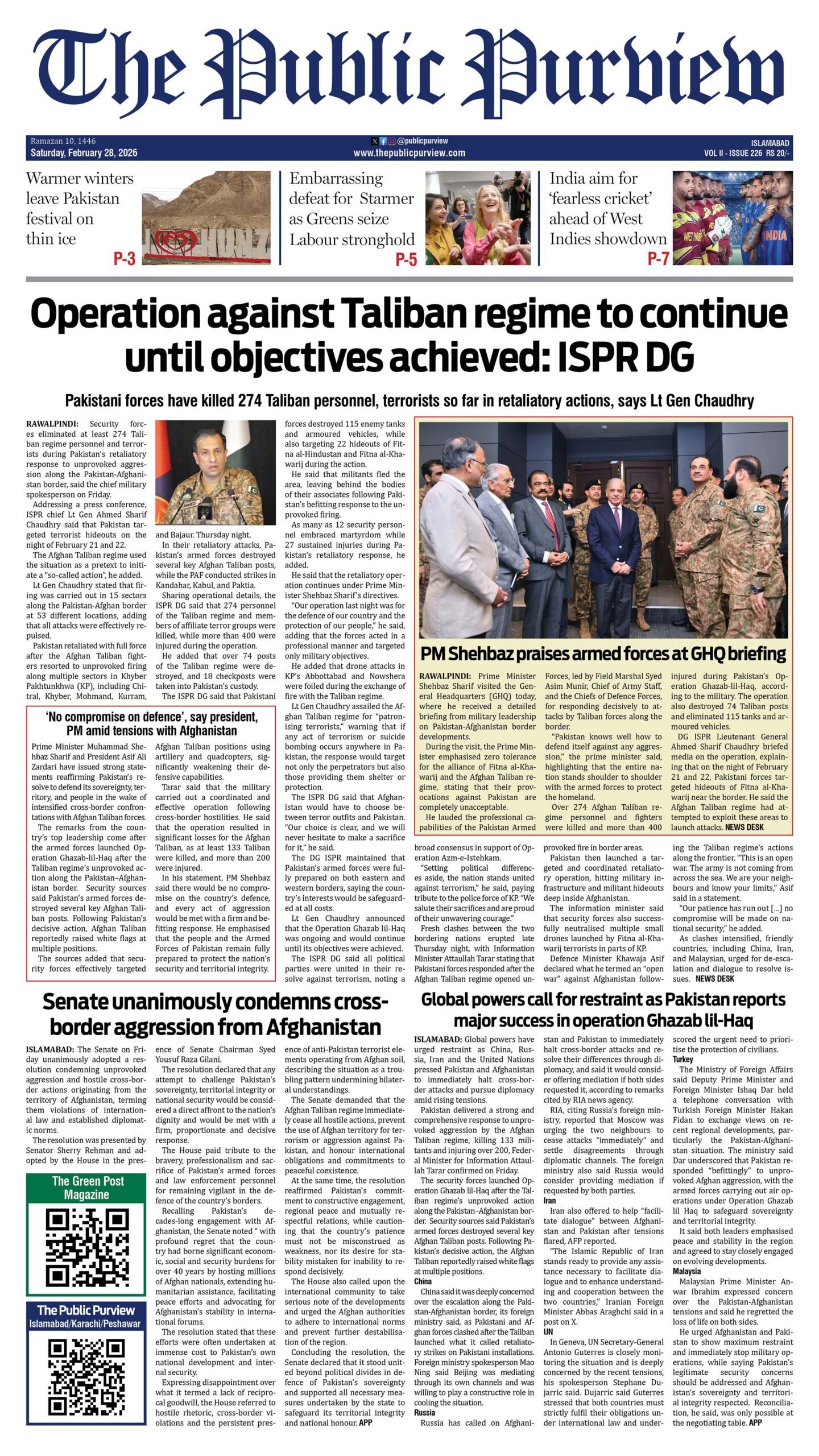On the occasion of World Environment Day, Senator Sherry Rehman, Chairperson of the Senate Standing Committee on Climate Change, issued a grave warning about Pakistan’s escalating climate crisis, calling for immediate action at both the national and international levels. “This day is not just symbolic—it is a critical reminder that our planet is in peril, and Pakistan is standing at the frontlines of climate devastation,” said Senator Rehman. Referring to the latest Climate Risk Index (CRI) released by Germanwatch earlier this year, Senator Rehman pointed out that Pakistan was ranked the most climate-impacted country in the world for 2022, surpassing Belize and Italy. “The CRI doesn’t measure future projections—it ranks countries based on the human and economic costs already borne due to extreme weather. The fact that Pakistan now tops that list should be a massive wake-up call,” she said. Senator Rehman called the findings “a harsh reality check,” warning that Pakistan is paying the ultimate price for a crisis it did little to cause. “We contribute less than 1% of global greenhouse gas emissions, yet we are trapped in a cycle of climate catastrophes,” she noted. The 2022 super floods were a turning point in Pakistan’s climate story.
Caused by a deadly combination of record-breaking monsoon rains, glacial lake outburst floods, and other climate-driven phenomena, the disaster affected over 33 million people, took the lives of more than 1,700 citizens, damaged or destroyed 1.3 million homes, and displaced over 8 million people. “The magnitude of destruction was unimaginable—and yet we are still unprepared for the next disaster,” said Senator Rehman. She added that climate science confirms these floods were made 50% more severe due to global warming. “Diseases like cholera, dengue, diarrhoea, and malaria surged after the floods due to water contamination and the collapse of infrastructure. When you can’t even promise safe drinking water to your citizens after a climate disaster, it becomes a humanitarian crisis too.” Senator Rehman also pointed to recent hailstorms and flash flooding in Islamabad as further evidence of extreme weather becoming the new normal. “Glaciers are melting, rainfall is unpredictable, and the air we breathe is increasingly poisonous. Lahore’s toxic smog is a daily reminder of how close we are to environmental collapse.” She emphasized that climate justice must remain at the heart of the global conversation. “It is unacceptable that countries like Pakistan are left to fend for themselves while the biggest emitters continue business as usual. Without equity and climate finance, there will be no resilience.” Calling for bold, systemic reforms, Rehman stressed the need to reimagine Pakistan’s urban planning, agriculture, water security, and infrastructure to align with a rapidly changing climate. “We need revolutionary shifts in the way we plan our cities, construct our buildings, and allocate our resources. Climate resilience is not a luxury—it is now a national security priority.” She underscored the urgency of shared responsibility, adding, “This is not just the government’s battle to fight. The private sector, industries, media, and ordinary citizens must all be part of the solution. If we delay action now, we will be left with nothing to act for.”
Senator Rehman concluded with a powerful call to action: “No one is coming to save us—we must rise to save ourselves. Change begins in our homes, in our choices, in our lifestyles. Let us pledge today, on World Environment Day, that we will not let the next generation inherit a scorched and shattered Earth. Let this be the year of real action—not just rhetoric.”







 Today's E-Paper
Today's E-Paper